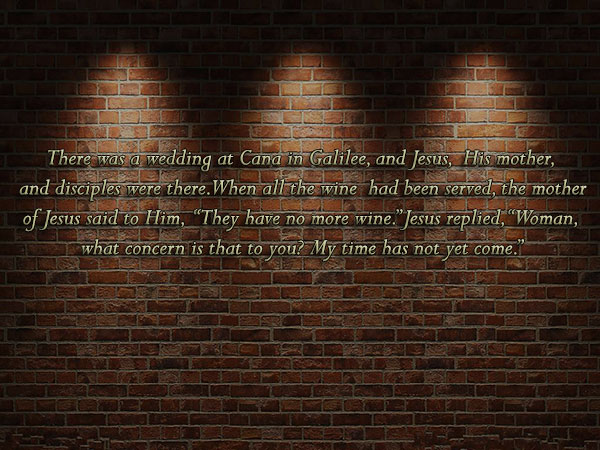
The task of creating a good life for all members of society is never perfectly realized.
By Beth Haile
Social life is a lot like being on a sports team. Individual players want to be as successful as possible, perhaps by scoring lots of points. The ultimate goal of each player, however, is the success of the team, a goal more than the sum of every player’s statistics. A team does not win because each player tries to score as many points as possible, but conditions do need to be optimal for each individual player to play well in order for a team to win. The good of both the individual and the team are interdependent.
The common good is a lot like the set of “optimal conditions” that allow both the team and its players to succeed. In theological terms the common good is defined in Pope John XXIII’s encyclical Materet Magistra (On Christianity and Social Progress) as “the sum total of social conditions which allow people, either as groups or as individuals, to reach their fulfillment more fully and more easily.”
Sometimes the common good is presented as “sacrificing for the good of the whole.” And while, indeed, the good may require sacrifice, as any athlete could tell you, the common good is not exalting the team at the expense of the individual. Rather it is the realization that both the individual and the team’s success depend on one another. For the common good to be achieved, no one on the team may be sacrificed or disregarded.
This analogy does have its limitations. First, the success of a team—winning—depends on meeting the clear objective standard of scoring the most points, while the success of a society can be measured in a variety of different ways. For this reason it is often easier to point to ways that the common good is not being pursued than to specific ways that the common good ought to be pursued. The other principles of Catholic social teaching function to concretize the common good. The preferential option for the poor, for example, turns our attention to the most vulnerable members of society, whose own suffering most threatens the achievement of the common good.
Perhaps the greatest difficulty with this analogy, however, is seeing society as a team. Our society is so thoroughly individualistic that it is difficult to see beyond our own individual happiness. Solidarity encourages us to see one another as each other’s keepers, to make sure that no individual is hogging the ball. Also necessary is the state, which acts a lot like a coach to “guarantee the coherency, unity, and organization of the civil society” (Compendium, 168).
Because society is always evolving, the concrete demands of the common good will also evolve. This means that the task of creating a good life for all members of society is never perfectly realized. Because of the pervasive temptations of individualism and self-interest, one of the most pressing demands of the common good is the persistent conversion of hearts in the realization that we do not exist for ourselves.
This article also appears in the November 2017 issue of U.S. Catholic (Vol. 82, No. 11, page 49).
Photo by Benny Jackson on Unsplash
Beth Haile graduated from Boston College with her Ph.D., has taught moral theology at Caroll College in Montana, and is currently a writer living in Waterloo, Iowa.








